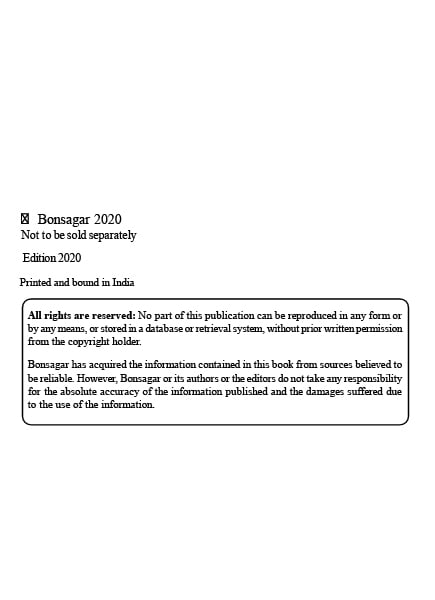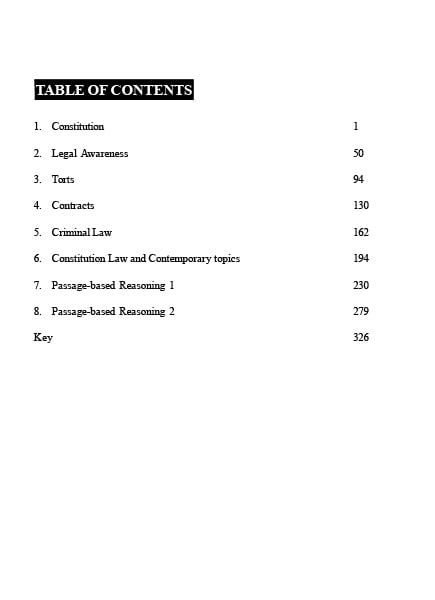Mastering Mock Test Analysis for IPMAT
How to Analyze Your IPMAT Mock Test Performance
Taking mock tests plays a crucial role in effective IPMAT preparation. But here’s a secret — just giving mock tests is not enough. What truly boosts your improvement is reviewing and analyzing your performance after every mock test. This means checking what you did right, what went wrong, and how you can do better in the next test.
In this article, we’ll explain in simple steps how to analyze your IPMAT mock tests and get the most benefit from them.
1. Don’t Only Look at the Score
After finishing a mock test, most students quickly check their score and move on. But the score is not everything.
👉 Ask yourself:
- Which sections did I do well in?
- Where did I lose marks?
- Were my mistakes silly or because I didn’t know the topic?
Example: You scored 100 marks. That’s good. But if 50 marks were lost due to silly mistakes, that’s something you can fix easily!
2. Check Your Accuracy and Number of Attempts
Two important things to check:
- Accuracy – How many questions you got right out of the ones you attempted
- Attempts – How many total questions you tried to answer
Example: - Attempted: 40 questions
- Correct: 30
- Accuracy: 30 ÷ 40 = 75%
💡 Tip: Try to keep accuracy above 75%. If your attempts are low, try to improve speed. If accuracy is low, slow down and focus more.
3. Look at Each Section Separately
In IPMAT, there are usually three sections:
- Quantitative Aptitude (Math)
- Verbal Ability (English)
- Short Answer Questions (Math again)
👉 Check:
- Which section gave you the most marks?
- Which section took the most time?
- Which section had the most mistakes?This helps you know where you need to focus more.
4. Find Out Why You Made Mistakes Go question by question and ask yourself:
- Did I not know the concept?
- Did I read the question too fast and make a silly mistake?
- Did I guess?
You can mark your mistakes like this:
Type of Mistake What it Means Conceptual You didn’t know the topic well Silly You knew it but made a careless error Time pressure You rushed because time was short Guess You guessed without solving fully Now you’ll know what kind of mistakes you make the most — and how to avoid them.
5. Time Spent on Each Question
Most online mock tests show how much time you spent on each question.
👉 Check: - Did you spend too much time on one question?
- Did you rush through easy questions?
💡 Tip: If a question is consuming too much time during the exam, it’s smarter to skip it and return to it later.
6. Make an Error Notebook or Mistake Diary
This is a very useful tool. After every mock test, write down:
- The question/topic you got wrong
- What mistake you made
- What the correct answer was
- How you will avoid the mistake next timeThis becomes your personal revision book before the final exam. You don’t have to read hundreds of pages — just your mistake diary!
7. Check the Solutions
Don’t skip the solutions! Even if you got a question right, still read the solution.
Why?
- The solution might show you a faster method
- You may have solved it by guessing or luck
- It helps you understand the concept betterLearning better methods can save time in the real exam.
8. Plan What to Improve
Now that you know your weak areas, make a study plan.
For example:
- You made 5 silly mistakes in algebra → Practice more algebra questions slowly
- Your reading comprehension took too long → Practice with a timer
- You guessed too many in the verbal section → Work on vocabulary and grammarThis way, every mock test becomes a learning tool, not just a practice test.
9. Track Your Progress
Keep a simple table to track your improvement. You can use a notebook, Excel sheet, or an app.
Track things like:
- Total score
- Section-wise score
- Accuracy
- Number of silly mistakes
- What you improved from last timeThis helps you stay motivated and see how much you’re growing.
10. Give Regular Mocks and Repeat the Process
Mock tests are not a one-time thing. You should give 1–2 mocks every week, especially in the last 2–3 months.
And after every mock:
- Analyze it
- Write down mistakes
- Fix weak areas
- Practice againRepeat this process, and your score will definitely improve.
Final Words
IPMAT is a competitive exam, but if you take your mock tests seriously and analyze them properly, you will become better and more confident.
Remember:
Mocks show you your mistakes, but analyzing them helps you correct those mistakes.
So, take your mock tests seriously — not just when you take them, but after you finish them.




